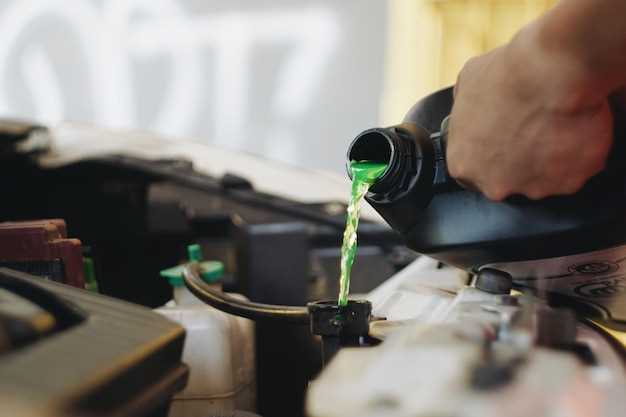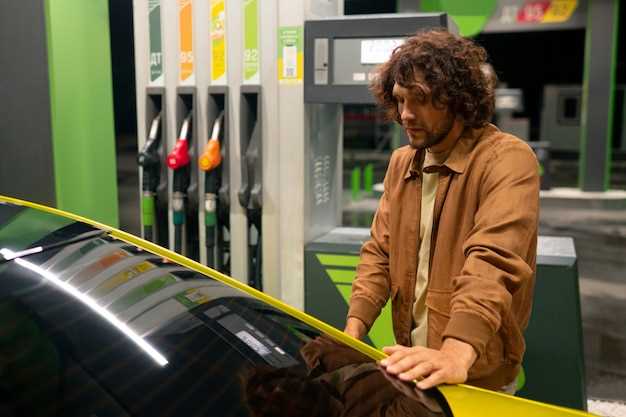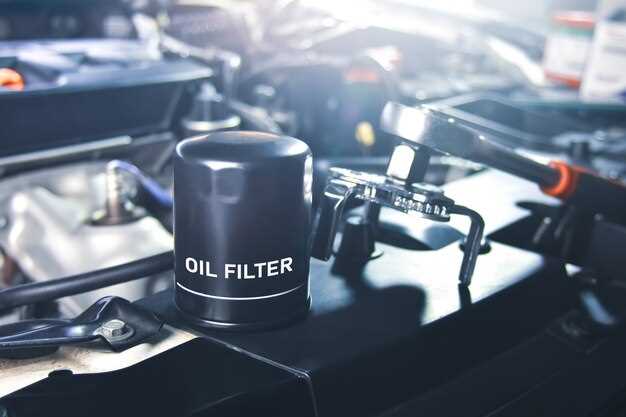
When it comes to vehicle ownership, understanding the maintenance requirements of your car is crucial for long-term reliability and performance. With the growing popularity of hybrid vehicles, many car owners are left wondering how the maintenance of a Toyota hybrid compares with that of traditional gasoline vehicles. This comparison not only helps potential buyers make informed decisions but also assists current hybrid owners in managing their maintenance schedules effectively.
The cost of maintenance is a significant factor to consider. Generally, hybrid vehicles, like those from Toyota, may have lower routine maintenance costs due to fewer moving parts in their propulsion systems. However, this does not mean that they are devoid of expenses. Components unique to hybrid technology, such as the battery and regenerative braking systems, can entail different maintenance considerations and costs. It’s essential to evaluate these aspects to get a complete picture of the overall maintenance costs associated with owning a hybrid.
In this article, we will dive deeper into the specific maintenance needs of Toyota hybrids, comparing them to those of conventional gasoline models. We will analyze factors such as frequency of service, cost differences, and the longevity of key components, ultimately providing you with a comprehensive understanding of what to expect in terms of maintenance and overall expenses when owning a hybrid versus a gasoline vehicle.
Understanding the Cost Differences in Hybrid vs. Gasoline Maintenance
The maintenance costs associated with hybrid vehicles can differ significantly from those of traditional gasoline engines. Generally, hybrids tend to have lower routine maintenance costs due to the reduced wear and tear on the engine. The electric motor in a hybrid vehicle provides additional support, allowing the gasoline engine to operate less frequently, which can lead to extended intervals between oil changes and other routine checks.
However, hybrid vehicles do incorporate advanced technology, including battery systems and electric components, which can result in higher costs for specific repairs. For instance, the replacement of a hybrid battery can be a major expense, sometimes ranging from $1,000 to $3,500 depending on the make and model. In contrast, gasoline vehicles typically have more straightforward engine components, which can make repairs less costly on average.
Key Components of Hybrid Systems That Require Special Attention

Hybrid vehicles, such as those produced by Toyota, come equipped with unique components that necessitate specific maintenance strategies compared to traditional gasoline cars. Understanding these components can help owners ensure optimal performance and longevity while managing costs effectively.
Batteries are perhaps the most critical aspect of hybrid systems. Toyota hybrids utilize nickel-metal hydride (NiMH) or lithium-ion batteries, which require regular monitoring for charge levels and health. Over time, battery performance can degrade, impacting fuel efficiency. Regular diagnostic checks can help identify potential issues early, avoiding costly replacements.
Electric Drive Motors also play a significant role in hybrid operation. These motors are designed to work in tandem with the gasoline engine, providing additional power and improving fuel economy. Maintaining proper lubrication and monitoring electrical connections are essential to prevent overheating and operational failures. Neglecting these components can lead to expensive repairs down the line.
Hybrid Transmission Systems differ from conventional transmissions and require specialized maintenance. Toyota’s Continuously Variable Transmission (CVT) is engineered to manage the power distribution between the electric motor and gasoline engine seamlessly. Regular fluid checks and changes are crucial for ensuring efficiency and reliability. Using the correct transmission fluid as specified by the manufacturer can prevent costly transmission issues.
Cooling Systems serve both the engine and the hybrid battery. Proper cooling is necessary to maintain optimal operating temperatures and prevent overheating. Regularly inspecting coolant levels and ensuring that the radiator is functioning effectively can mitigate the risk of component failure. Cooling system maintenance can save drivers significant expenses in repair costs related to overheating.
Electric Accessories found in hybrid vehicles, such as regenerative braking systems, require attention as well. These systems convert kinetic energy into electrical energy, thus requiring maintenance of both the braking and electric systems. Ensuring that brake pads are in good condition and the regenerative system is functioning will prevent undue wear and expensive repairs.
Overall, understanding and addressing the specific maintenance needs of hybrid components not only enhances vehicle performance but also helps manage long-term ownership costs effectively. Regular inspections and timely maintenance actions are key strategies for maintaining these sophisticated systems.
Common Misconceptions About Hybrid Vehicle Maintenance Costs

One prevalent misconception regarding hybrid vehicles is that their maintenance costs are significantly higher than those of traditional gasoline cars. Many people assume that the advanced technology in hybrids requires frequent and expensive servicing. However, this is often not the case. In fact, hybrid vehicles tend to have fewer moving parts in their drivetrain, which can lead to lower maintenance costs over time.
Another common fallacy is the belief that the battery replacement costs for hybrids are exorbitantly high. While it is true that hybrid batteries can be more expensive than regular car batteries, many manufacturers, including Toyota, offer warranties that cover the battery for a considerable duration, often exceeding eight years or 100,000 miles. Additionally, the longevity of hybrid batteries has improved significantly, resulting in fewer replacements required.
Many consumers fear that finding qualified technicians for hybrid maintenance will be a challenge, leading to higher costs. However, as hybrid technology becomes increasingly mainstream, automotive shops are adapting and training their staff to handle hybrid vehicles. In many instances, routine maintenance for hybrids, such as oil changes and brake servicing, is similar to that of gasoline cars, which helps mitigate additional financial burdens.
Finally, some individuals are under the impression that hybrids require unique and costly parts compared to conventional vehicles. While there are some specialized components, many parts, such as tires and brakes, remain comparable in price to those used in gasoline cars. Consequently, the overall maintenance expenses for a hybrid can be competitive with those of traditional vehicles, contradicting the misconception that they are inherently more costly to maintain.




